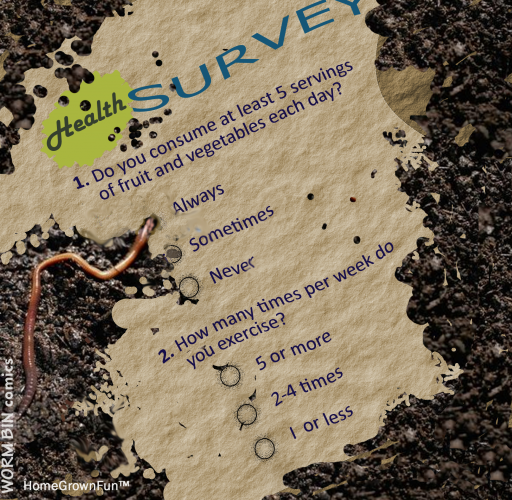Composting with Worms is Sustainable, Good for the Garden, Easy, Sustainable and Educational!
1. Sustainable Waste Management: Reducing Landfill Waste with Worm Composting
Worm composting, also known as vermicomposting, offers an eco-friendly solution for managing organic waste. By using worms to break down kitchen scraps and other organic materials, you can divert a significant amount of waste from ending up in landfills.
This process not only reduces greenhouse gas emissions but also helps minimize the strain on landfill capacity, contributing to a more sustainable waste management system.
2. Nutrient-Rich Soil Amendment: Enhancing Soil Fertility with Worm Compost
One of the remarkable benefits of worm composting is the creation of nutrient-rich vermicompost. Worms efficiently convert organic matter into a valuable soil amendment that is packed with essential nutrients and beneficial microorganisms.
When added to garden beds or potted plants, worm compost enriches the soil, improving its structure, moisture-holding capacity, and nutrient content. This organic fertilizer promotes healthy plant growth, increases crop yields, and reduces the need for synthetic chemicals.
3. Easy and Low-Maintenance: Worm Composting for All Skill Levels
Worm composting is a simple and low-maintenance process that can be enjoyed by beginners and experienced gardeners alike. Setting up a worm bin requires minimal space, making it suitable for those with limited room in their homes or gardens.
Worms are voracious eaters and can efficiently process a wide range of organic waste. With proper moisture and temperature management, along with occasional feeding and harvesting routines, maintaining a thriving worm composting system is hassle-free and rewarding.
4. Environmental Benefits: Worm Composting for a Greener Planet
Engaging in worm composting offers significant environmental benefits. By recycling organic waste through vermicomposting, you contribute to reducing the production of methane, a potent greenhouse gas emitted by decomposing organic matter in landfills.
Moreover, utilizing nutrient-rich worm compost reduces the need for synthetic fertilizers, which often have negative environmental impacts. By embracing worm composting, you actively participate in creating a greener planet and reducing your ecological footprint.
5. Educational and Engaging: Teaching Sustainability through Worm Composting
Worm composting is an excellent educational tool for teaching sustainability and environmental awareness. It offers a hands-on learning experience for children and adults alike, demonstrating the interconnectedness of waste reduction, soil health, and food production.
Engaging in vermicomposting can spark curiosity, encourage discussions on ecological topics, and inspire individuals to adopt more sustainable practices in their daily lives. Whether in schools, community gardens, or even at home, worm composting provides a valuable educational opportunity with long-lasting impacts.
We love composting with worms and have so many great posts for you!
Best Foods to Feed Red Wiggler Composting Worms
How To Compost with Worms and Solve Common Problems VIDEO


